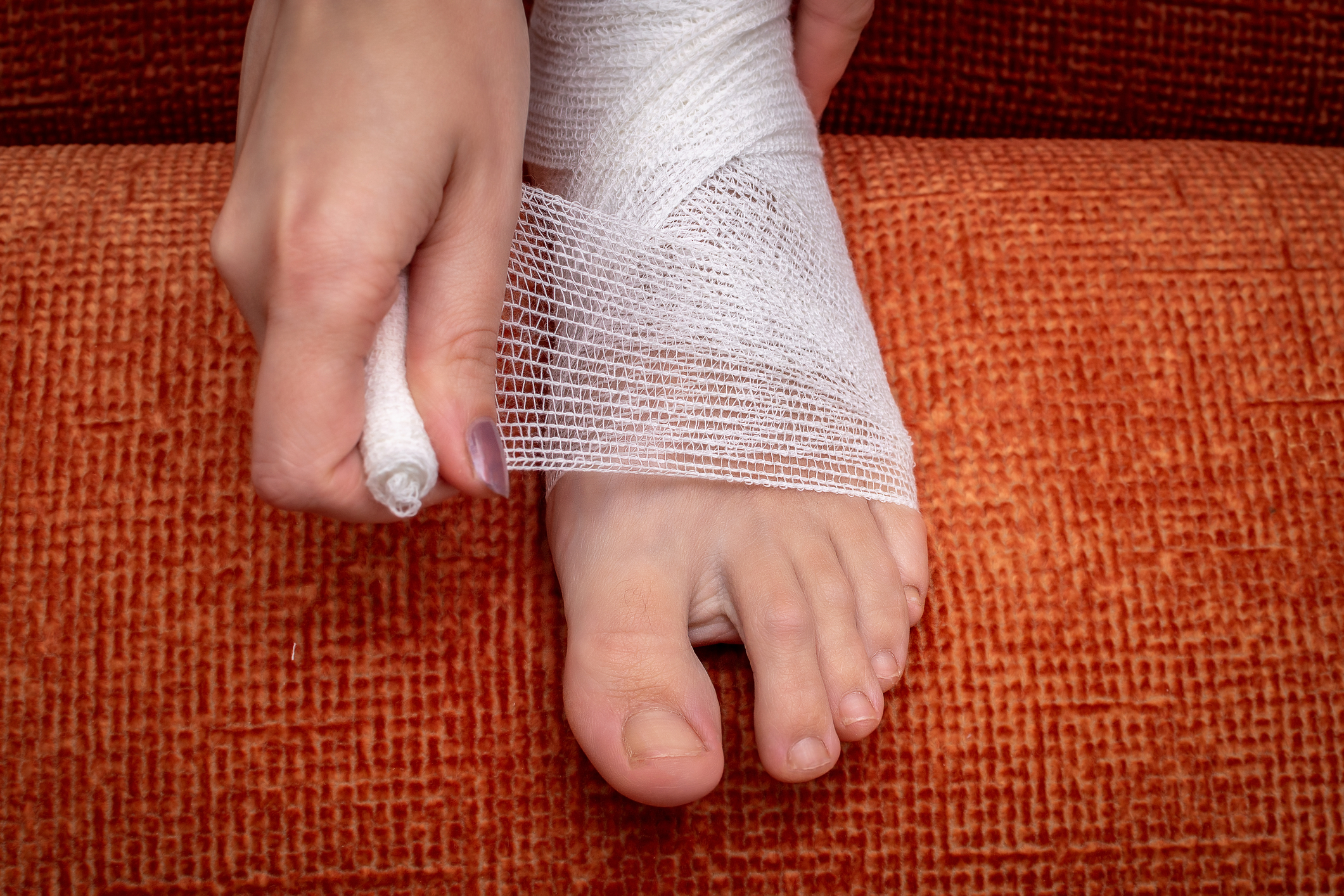Flesh Eating Disease; How To Know If You Have Necrotizing Fasciitis
Necrotizing Fasciitis Is Rarely Contagious

Although necrotizing fasciitis is excruciating and will lead to death if not treated quickly and effectively, there is good news, which is that it is not always contagious. An infected patient is not likely to spread the infection to others; this is because the most common way of contracting necrotizing fasciitis is through broken skin, including through cuts, insect bites, puncture wounds, and surgical incisions. Even if an infected patient is near another individual with an injury, they are unlikely to pass along necrotizing fasciitis provided they do not touch the other individual, particularly close to the broken skin. However, it is important to note that coming into contact with items such as clothing or blankets that have been used by a person with necrotizing fasciitis can more easily spread the infection from one person to another.
Wound Care Is The Best Prevention

Cuts, injuries, and even surgeries are facts of life. The only thing individuals may be able to avoid is surgery, although the vast majority of the population will have at least one operation, even something minor, in their lifetime. This means caring for the wound is the best way to prevent necrotizing fasciitis or other skin infections.
Effective wound care includes keeping open wounds covered with clean and dry bandages until they have healed, treating all wounds as soon as possible, including minor cuts and scrapes, and avoiding swimming in pools, hot tubs, and lakes, with an open wound. Washing hands with soap and water isalso essential tostop the spread of bacteria and totake care of an injury. If washing is not possible, health professionals will recommend using alcohol-based hand sanitizers. Continue reading for information on those more at risk for contracting necrotizing fasciitis.
